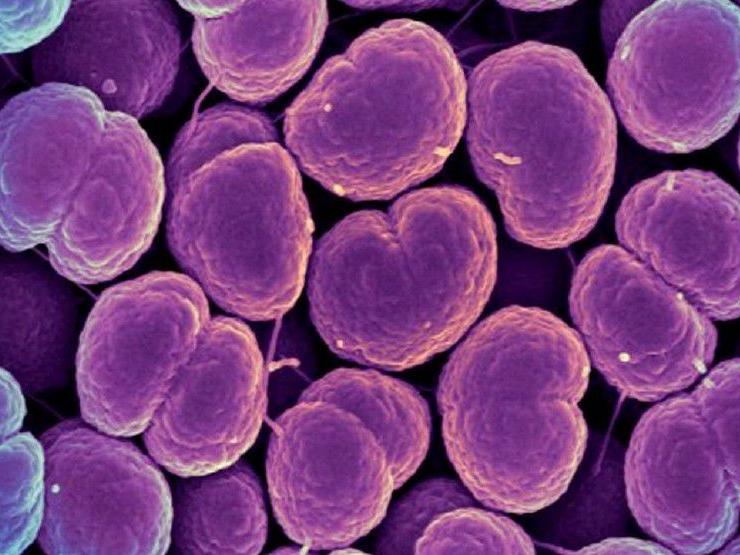Gonorrhea outbreak in Walla Walla County, Department of Health says - NBC Right Now

WALLA WALLA, WA — The Washington State Department of Health has declared Walla Walla County in outbreak status for female and male gonorrhea cases.
Walla Walla County has experienced 27 cases over the last 3 months, compared with 6 cases during the same time period in 2018 (Washington Disease Reporting System data). Walla Walla County is currently the only county in Washington State having a gonorrhea outbreak.
An increase in syphilis often follows on the heels of gonorrhea, keeping the communicable disease unit on high alert at Walla Walla County Department of Community Health.
Sexually transmitted disease rates have been rising across the nation, especially strains of drug-resistant gonorrhea. In 2006, doctors had five recommended ways to treat gonorrhea. In 2019, they have only one remaining treatment option left. Diagnoses for sexually transmitted diseases reached an all-time high in 2017, the most recent year available with data. The Centers for Disease Control (CDC) explains that the steep and sustained increases in STDs during the last 5 years are troubling and have not been seen for over 20 years.
Public Health encourages all sexually active persons to get themselves regularly tested for sexually transmitted diseases and to consistently use condoms if they are at risk. Gonorrhea bacteria normally infect the mucous membranes of the reproductive tract, but they can also infect the mucous membranes of the eyes, throat, mouth, and rectum (CDC data). With untreated gonorrhea comes many complications, including sterility, joint infections (gonococcal arthritis), blindness, and increased risk of acquiring other sexually transmitted diseases.
More information is available online at https://www.cdc.gov/std/gonorrhea/arg/basic.htm.
https://ift.tt/2MrMHIq


Comments
Post a Comment